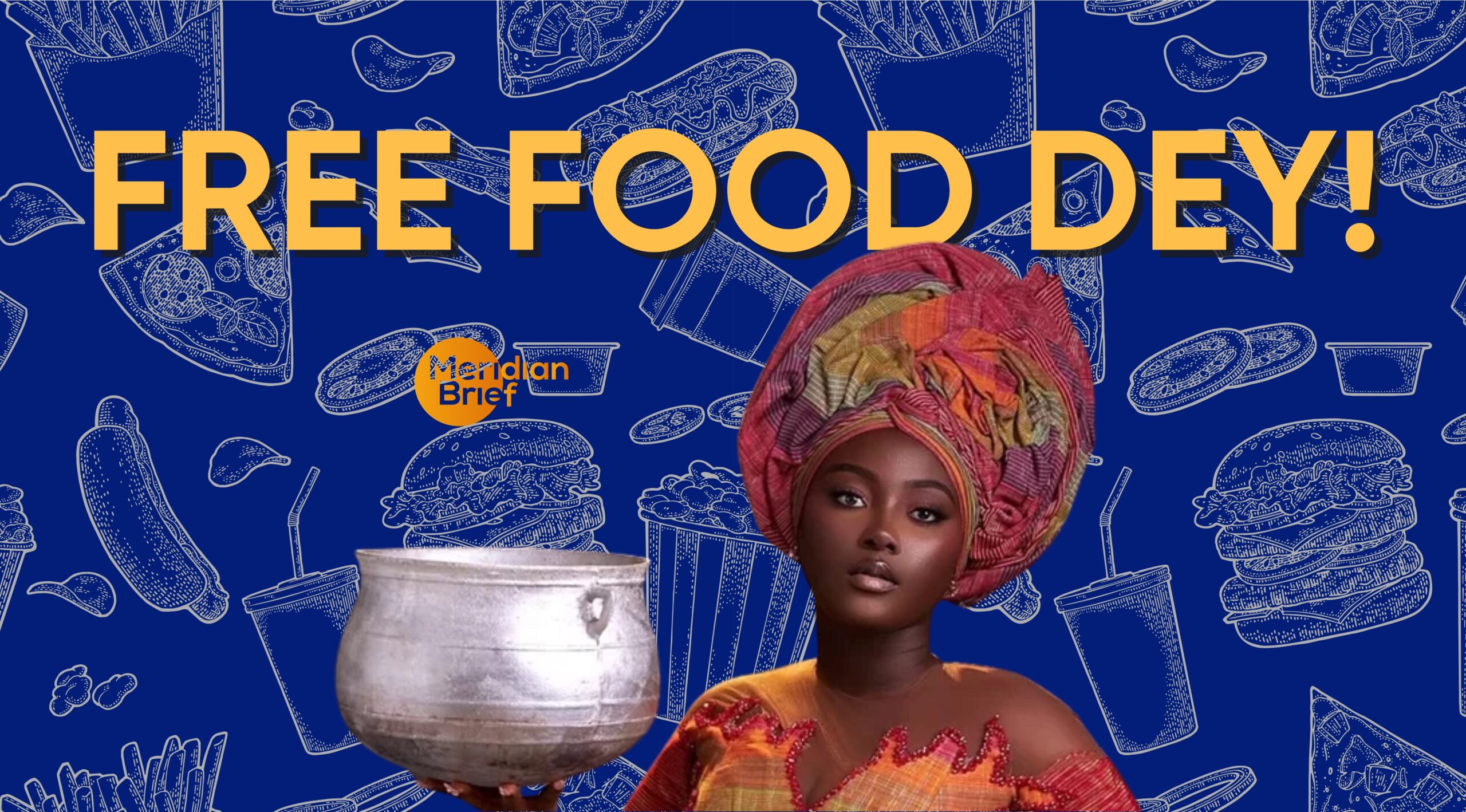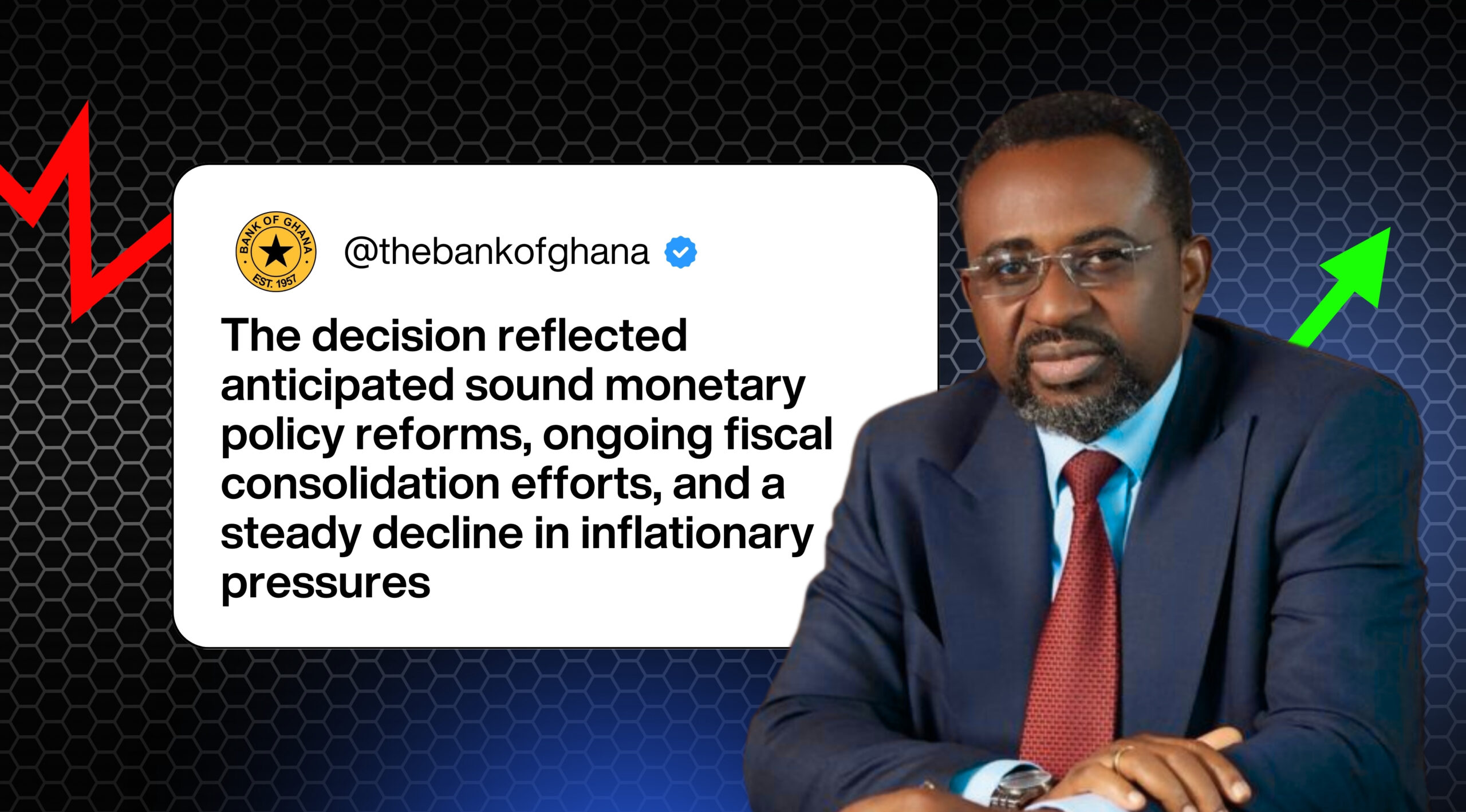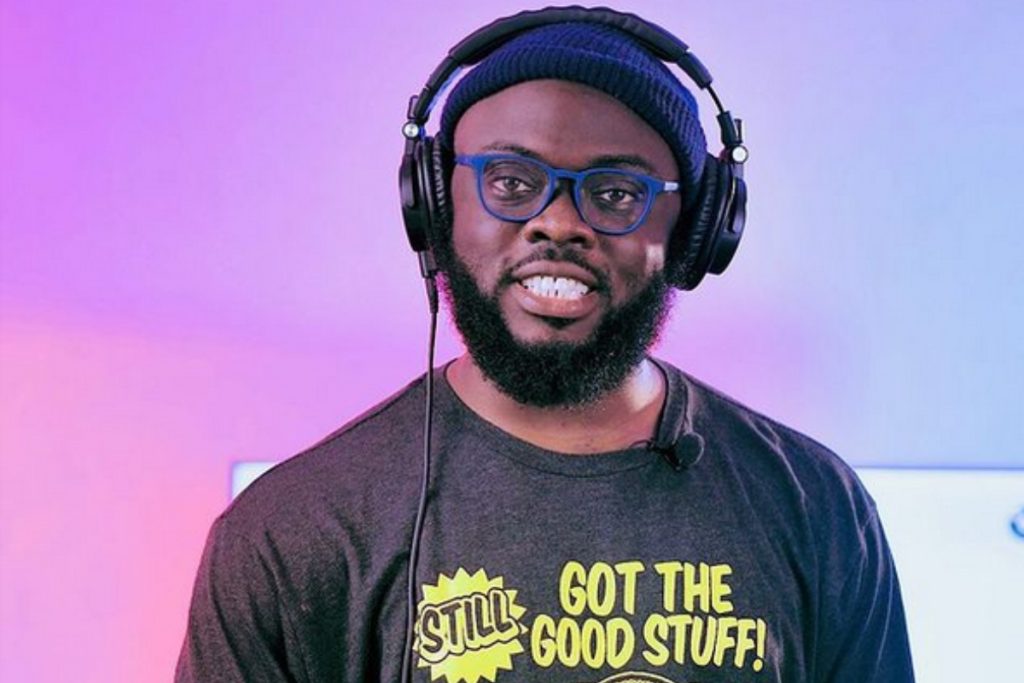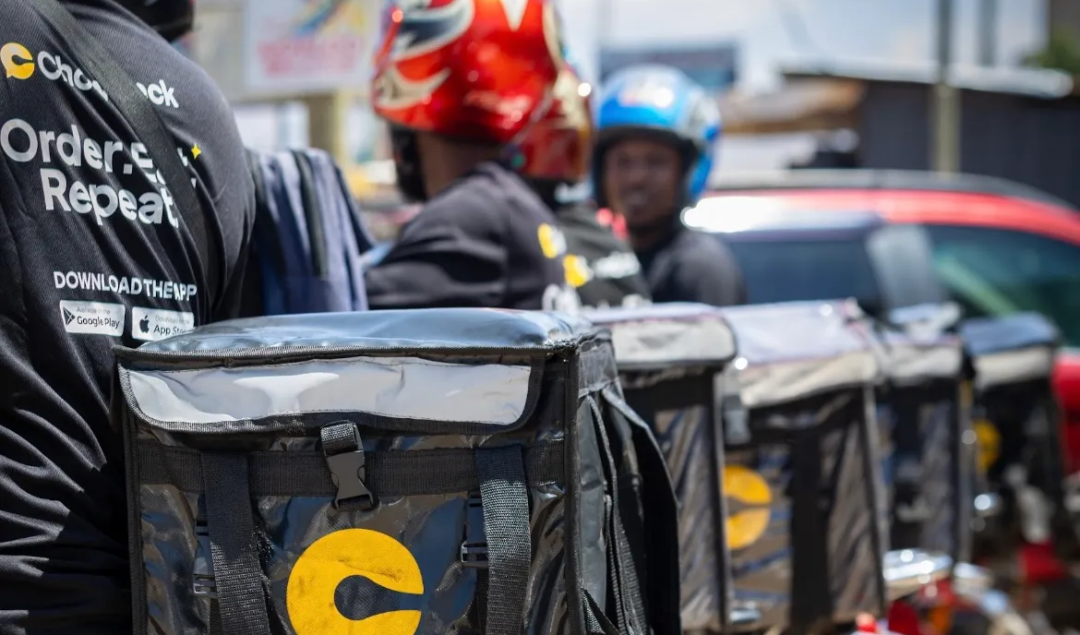Ghana has granted diplomatic passports to Wode Maya, Rocky Dawuni, Anita Erskine, Ibrahim Mahama, and Dentaa Amoateng, recognising their global influence and role in advancing cultural diplomacy.
Ghana Honors Wode Maya and Four Cultural Icons with Diplomatic Passports
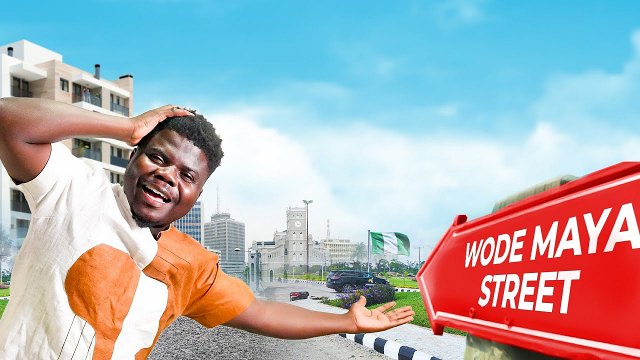
Ghana has taken a bold step in redefining diplomacy by recognising the global influence of its cultural figures. On September 17, 2025, the Ministry of Foreign Affairs, led by Samuel Okudzeto Ablakwa, presented diplomatic passports to five prominent Ghanaians: travel vlogger Wode Maya, Grammy-nominated musician Rocky Dawuni, broadcaster Anita Erskine, visual artist Ibrahim Mahama, and entrepreneur Dentaa Amoateng MBE. The decision reflects a shift in how nations use soft power to expand their reach and influence. Rather than relying solely on traditional diplomatic channels, Ghana is empowering individuals whose work already resonates globally. These passports will allow the recipients to travel with fewer restrictions and represent Ghana in areas such as trade, tourism, cultural exchange, and international collaboration.
Wode Maya: A Voice of Digital Storytelling
Among the honorees, Wode Maya’s story stands out for its humility and scale. Born Berthold Kobby Winkler Ackon, he grew up in a small village in Ghana before pursuing studies in aeronautical engineering in China. He eventually left that career path to dedicate himself to digital media. Over the years, he built one of Africa’s largest travel and lifestyle YouTube channels, showcasing African countries with a focus on innovation, tourism, and everyday life. Today, his YouTube audience exceeds 1.8 million subscribers, with an additional following of nearly three million on Facebook. Through his videos, he has shaped global perceptions of Africa, presenting it not as a continent defined by stereotypes but as a hub of opportunity and resilience. His diplomatic passport is both a personal recognition and a symbolic validation of the role digital creators now play in shaping cultural diplomacy. Reflecting on the honour, Maya wrote that he never imagined a “village boy” would one day carry a diplomatic passport. His words highlight the distance between his modest beginnings and his current influence as a storyteller who reaches millions.
Rocky Dawuni: Music as Diplomacy
Rocky Dawuni is no stranger to using art as a tool for advocacy. The reggae musician has earned multiple Grammy nominations, but his impact extends beyond music charts. Dawuni has built an international profile as an activist promoting peace, cultural heritage, and environmental protection. His music often carries messages about unity and resilience, making him a natural ambassador for Ghanaian culture and African identity. By granting him a diplomatic passport, the government acknowledges his capacity to engage audiences and policymakers through the universal language of music. His work demonstrates that cultural diplomacy can be most effective when it resonates emotionally, transcending borders and political divisions.
Anita Erskine: Broadcasting with Purpose
Anita Erskine has long been one of Ghana’s most recognisable media figures. Her career in broadcasting and media entrepreneurship has positioned her as a pan-African voice, with a focus on youth and women’s empowerment. Fluent in multiple languages and experienced in hosting regional and international programmes, Erskine embodies the qualities of a cultural diplomat. Her ability to frame Ghanaian and African narratives for diverse audiences makes her a valuable envoy. She brings with her years of experience in media that extends across borders, ensuring that Ghana’s voice is heard in conversations about development, identity, and opportunity.
Ibrahim Mahama: Art as a Global Conversation
Visual artist Ibrahim Mahama represents another dimension of Ghana’s soft power. Known for his large-scale installations that often involve repurposed materials, Mahama’s work interrogates themes of labour, history, and material culture. His projects, which have been exhibited internationally, often provoke critical reflection on economic and social systems while retaining strong roots in Ghanaian experiences. Mahama’s recognition as a cultural ambassador underscores the idea that contemporary art is not only about aesthetics but also about dialogue. By using materials and concepts that are distinctly tied to Ghana’s socio-economic realities, he brings those discussions to global stages, amplifying the country’s cultural voice in elite artistic circles.
Dentaa Amoateng: Mobilising the Diaspora
Dentaa Amoateng MBE adds a diaspora dimension to the group of honorees. As the founder of the GUBA (Ghana UK-Based Achievements) Awards, she has spent years recognising and celebrating Ghanaians and Africans excelling in the diaspora. Her initiatives have built platforms that connect Ghana to its extended communities abroad, blending cultural recognition with entrepreneurship and advocacy. By awarding her a diplomatic passport, Ghana signals the importance it places on diaspora relations, a key part of the country’s development strategy. Dentaa’s work illustrates how diaspora networks can be mobilised to attract investment, talent, and goodwill.
Rethinking Diplomacy Through Soft Power
The decision to grant diplomatic passports to these figures is more than ceremonial. It reflects a strategic rethinking of how Ghana projects itself globally. Diplomacy is no longer confined to embassies and official negotiations. In an interconnected world, influence is exercised through culture, media, and networks that reach beyond formal state-to-state interactions. Each of the five honorees embodies a different strand of Ghana’s cultural identity: digital storytelling, music, media, visual art, and diaspora entrepreneurship. Together, they represent a multifaceted approach to cultural diplomacy, one that is better suited to the realities of the 21st century.
Implications for Ghana’s Global Image
Ghana has positioned itself in recent years as a gateway to Africa, emphasising stability, heritage, and opportunity. Initiatives such as the Year of Return in 2019 highlighted its ability to attract global attention and connect with diaspora communities. The presentation of diplomatic passports to cultural figures builds on that momentum. By leveraging the global reach of these individuals, Ghana enhances its capacity to attract investment, promote tourism, and secure a stronger cultural footprint abroad. At the same time, the initiative raises questions about sustainability. How will these new envoys engage with the diplomatic responsibilities entrusted to them? What structures will support their role in advancing national interests? These questions will determine whether the initiative becomes symbolic or transformative.
A Broader Shift in African Diplomacy
Ghana is not the only African country experimenting with cultural diplomacy, but its latest move reflects a clear trend. Across the continent, governments are realising that cultural ambassadors can often reach audiences traditional diplomats cannot. Whether through music, art, film, or digital content, African voices are increasingly shaping global perceptions. Wode Maya’s story in particular highlights how digital platforms can redefine influence. From a small village in Ghana to the global stage, his journey illustrates the democratising potential of social media, where cultural narratives once overlooked can now reach millions.
Conclusion
The granting of diplomatic passports to Wode Maya, Rocky Dawuni, Anita Erskine, Ibrahim Mahama, and Dentaa Amoateng is a landmark in Ghana’s diplomatic history. It demonstrates a recognition that influence is no longer confined to political office or economic power but can also emerge from cultural impact and digital reach. For Wode Maya, the honour marks a personal journey from modest beginnings to global recognition. For the government, it signals an embrace of new strategies to expand Ghana’s presence on the world stage. The five honorees will now carry more than their personal achievements when they travel. They will carry Ghana’s story, told through art, music, media, digital platforms, and diaspora connections, ensuring that wherever they go, the country’s voice resonates louder and farther.
Subscribe to MDBrief
Clean insights, a bit of sarcasm, and zero boring headlines.
